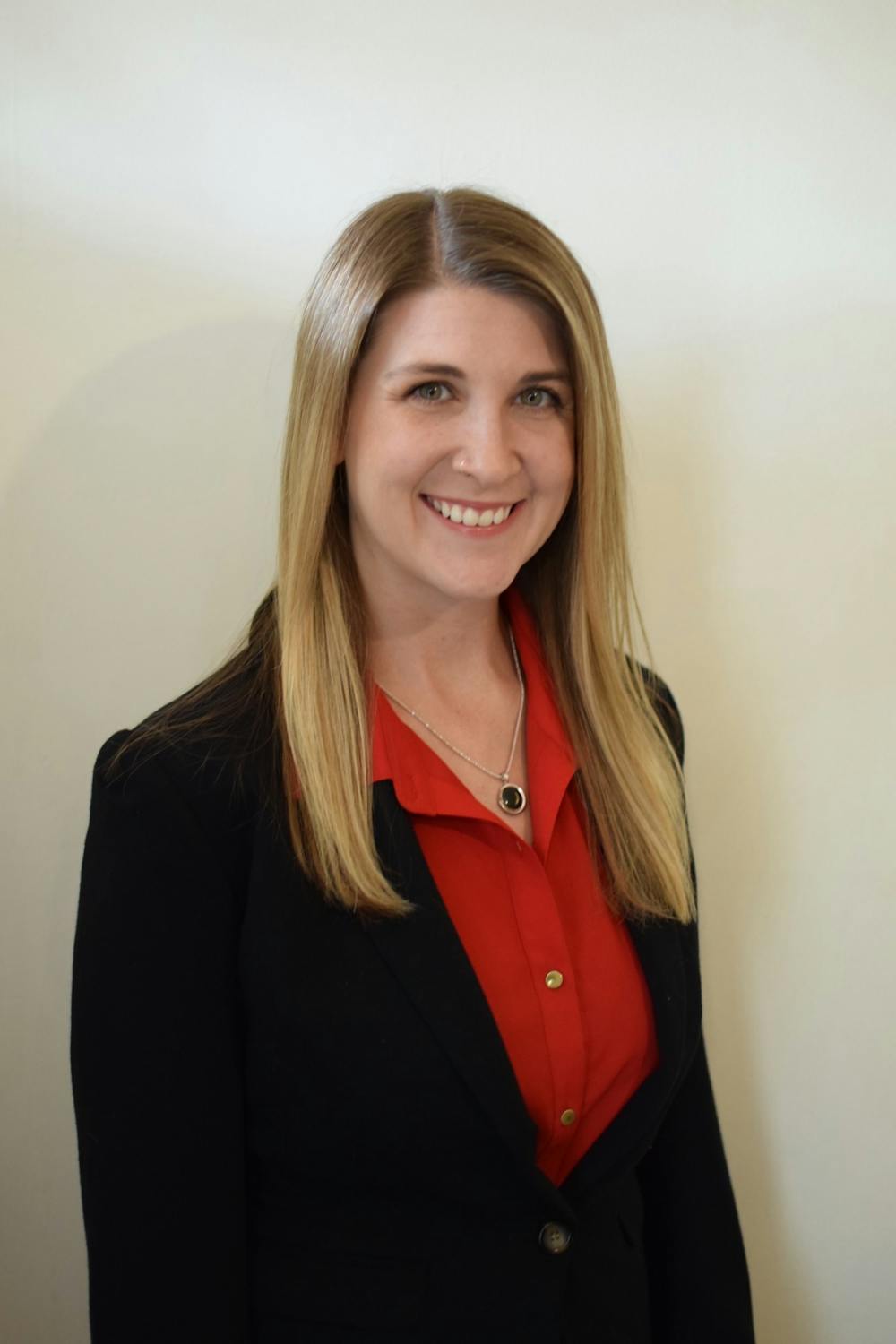Kirsten Hall, a PhD candidate studying Astrophysics, was recently named to the 2020 cohort of Schmidt Science Fellows. The program, which works in partnership with the Rhodes Trust, seeks to recognize future leaders among doctoral candidates across all scientific disciplines.
Awardees are selected on the basis of not only a strong research and academic background, but also demonstrated interest in working with interdisciplinary teams to leverage broad societal changes and take on global scientific challenges.
In order to be selected, exceptional PhD candidates are nominated from schools selected by the fellowship program. Nominated students submit applications to be reviewed by a board of senior researchers from a diverse array of scientific backgrounds; the students selected for the fellowship are expected to begin a year-long post doctoral placement in internationally renowned labs beginning in July.
The fellows are typically placed in a program that offers a significant shift from their PhD studies, in line with the program’s aim of fostering interdisciplinary study across scientific fields. The foundation works with the selected Fellows individually in order to find a program that will help them achieve their scientific aspirations, and desired scientific pivot from their studies.
Hall is one of 22 fellows selected. This year’s cohort consists of students from 17 nominating institutions.
A first-generation college student, Hall completed her undergraduate degree in Physics at the University of North Carolina, Chapel Hill. She noted in an interview with The News-Letter that she discovered her passion for physics during the fall of her freshman year when she took Astrophysics 101. This experience led her to apply to the Educational Research in Radio Astronomy at the National Radio Astronomy Observatory in Green Bank, West Virginia. Hall attended the program the summer after her freshman year, which solidified her passion for physics and astrophysics research.
Hall’s thesis, advised by professors Nadia Zakamska and Tobias Marriage, relates to the evolution of galaxies over cosmic time and the large-scale structure of the Universe. She also studies relationships between dark and normal matter, as well as the role of supermassive black holes in the evolution of host galaxies.
Hall reflected on her time at Hopkins, expressing gratitude for the people and opportunities on campus that allowed her to expand and explore her interests.
“Hopkins is a fantastic place to study space — between the Departments of Physics and Astronomy (PHA) and Earth and Planetary Sciences, as well as the Space Telescope Science Institute on our campus, there is an opportunity to learn about every sub-field of space studies,” Hall said. “My thesis advisors... have provided me with the support I needed to pursue my interests in my rapidly evolving field, and have strongly contributed to the scientist whom I have become.”
In addition, Hall is a Space Fellow for the Space@Hopkins program, which encompasses all space-related research at Hopkins. In this position, she has explored various research topics and developed an interest in conducting interdisciplinary investigations.
As a Schmidt Science Fellow, Hall hopes to use her background in Astrophysics in order to contribute to climate change research.
“[Climate change is] an area of research that I have been interested in since that same Astronomy 101 class, but with all of the time I have put into my PhD in extragalactic astrophysics, it's difficult to get "plugged in" to that sort of research,” Hall said. “I will use my theoretical and computational expertise in Astrophysics to contribute to our knowledge of the changing climate, humanity's role in that change and most importantly, to finding a solution.”
Hall is optimistic that her background is astrophysics will translate well into this new field of research.
“Many of the skills I have gained during my PhD, like data analysis and computational modeling, are directly transferable to this problem, and while I know it will be an incredible challenge, I am beyond grateful for this opportunity,” she said.
Hall’s broader goals for the program are also to simply become a better researcher, communicator and overall scientific leader. She explained that she looks forward to learning more about scientific policy, and engaging with peers who work in other fields.
After her postdoctoral research for the program, Hall plans on entering another postdoctoral program in astrophysics that she was able to defer after being accepted into the program; she is extremely excited to transfer the skills she learns as a Schmidt Science Fellow back to studying the extragalactic universe.





